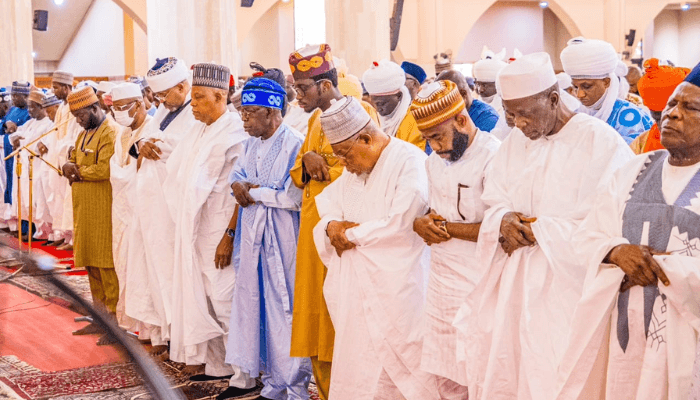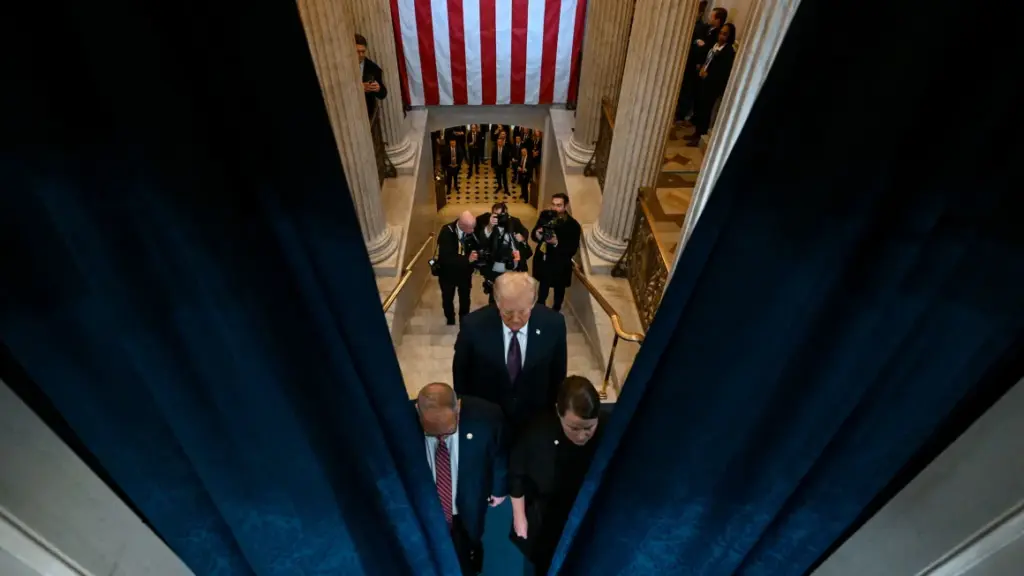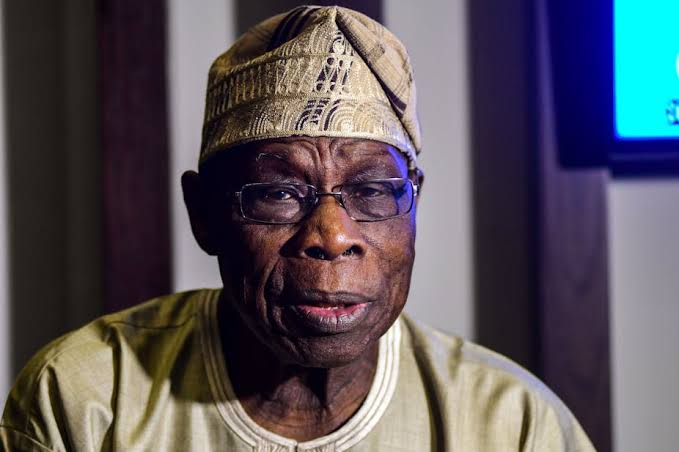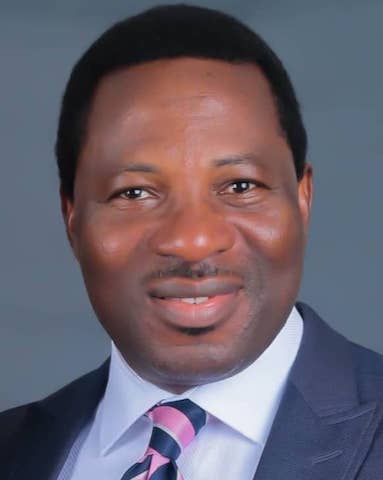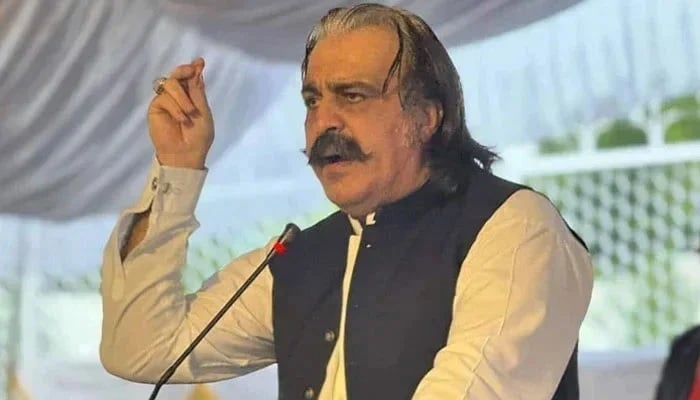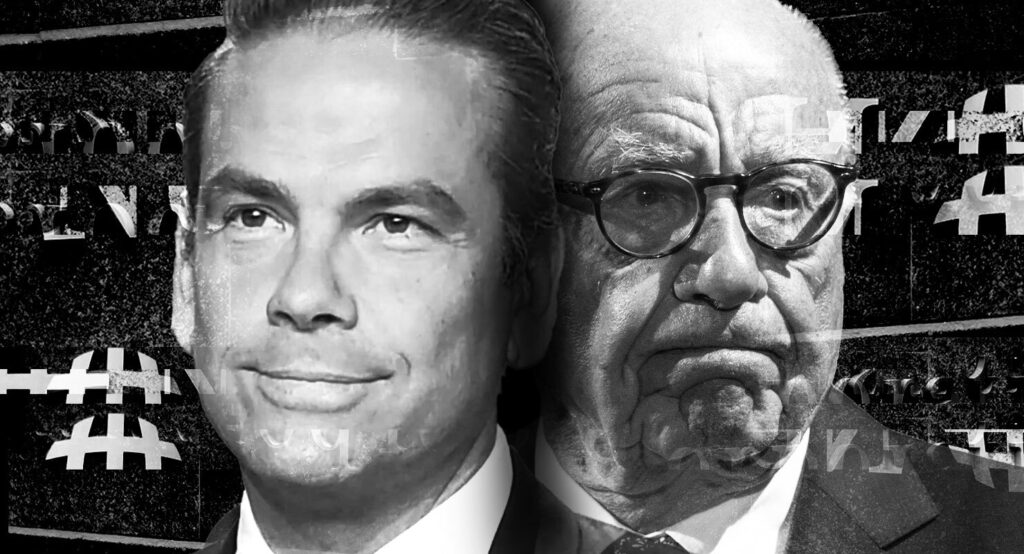G2E: Let’s make a deal! Minnesota stakeholders have ‘framework,’ but politics still in play

Politics tamfitronics Buried under the news that California tribes could bring a sports betting initiative as soon as 2026 is this: Minnesota’s stakeholders have brokered a deal.
Minnesota Indian Gaming Association (MIGA) executive director Andy Platto was among the panelists who joined California Nations Indian Chairman James Siva Tuesday (8 October) on a Global Gaming Expo (G2E) panel titled ‘Tribal Sovereignty and Sports Betting: A Delicate Balance’.
Minnesota lawmakers have been trying for multiple sessions to legalise retail and digital sports betting. It never got a vote this year, but did get through the house in 2022.
Platto, who heads up the state’s tribal alliance, has been the face and voice of Indian Country. Over time, that has meant managing relationships with charitable gaming folks, horse racetracks and more recently, professional sports teams. The tribes in Minnesota have exclusivity for gaming in the state, and already operate land-based casinos.
But legal wagering, particularly digital, has proved elusive. Platto said stakeholders have an agreement. His concerns, however, are political.
“We have a framework that is currently supported by all stakeholders,” Platto said. “This is as close as we have ever come. And I can say is that all current stakeholders (are on board), but that could change.”
Minnesota could have a new governor next month
Current Governor Tim Walz supports legal wagering, but he may not be the governor for much longer. Presidential candidate Kamala Harris this summer tapped Walz to be her running mate. Should the ticket win, Minnesota law dictates that the sitting lieutenant governor would fill Walz’s role. Lieutenant Governor Peggy Flanagan would become the state’s first woman governor and first indigenous person to hold the office anywhere in the US.
Having Flanagan in office appears to be a positive for the tribes in terms of moving legislation forward and protecting tribal sovereignty. But other potential changes in the Minnesota legislature could gum up the works.
There are 134 seats in the Minnesota house. Twenty representatives — including Pat Garofolo, a one-time wagering bill sponsor — are retiring. The sitting state senate will remain until 2026. The Democrat-Farmer-Labor (DFL) has a majority in both chambers.
Partisan support needed to move a bill
Over time, though legal wagering has had several champions in the senate and the house, it has never had enough votes in the senate to pass. It’s also not captured enough of the attention of one party to want to push it forward. Bipartisan support is needed.
“We have identified what we consider to be our biggest challenge, which is that we don’t have the votes necessary in one party to pass a bill,” Platto said. “Gaming usually isn’t usually partisan in Minnesota. We do need votes.”
Platto did not reveal what is in the bill, though he did say that it includes a payout to the state’s charitable organisations. And if all stakeholders are in agreement, it likely means that the racetracks will either get some sort of wagering or a payment from the tribes. How the state’s professional sports teams fit in isn’t known.
“Hopefully, we will put this issue to rest and Minnesota will have a tribally exclusive (setup) that respects tribal sovereignty, and allows every tribe to a share regardless of market share,” he said.
Over the last several years, the issue has been carried by state representative Zack Stephenson. But it hasn’t been a key priority for his party. The process in Minnesota is complicated, requiring more committees to sign off on proposals than in other states. Stephenson has shepherded the bill through the house more than once, only for it to languish in the senate.
During the 2024 session, there were plenty of distractions around a bill to legalise sports betting. Lawmakers banned historic horse racing machines after the state racing commission announced they were legal. The tribes sued tracks. The tracks sued the tribes. Along the way, Stephenson managed to negotiate a landmark deal between the state’s charitable organizations and the tribes.
$40m deal solved a major issue
The state’s charitable gaming groups make money from pull-tab machines. In the current setup, the state is the biggest winner in terms of pull-tab revenue. Allied Charities of Minnesota was looking to change the way the games are played to increase revenue.
The tribes balked, saying the change would make the pull-tabs too similar to slot machines. Stephenson instead brokered an agreement that would send $40m to charitable gaming. But gaming never got a vote, and the state’s charitable organisations will go without that funding this year.
In the end, a legal betting bill was wrapped into an omnibus bill that was still in play until the end of the extended session. But it never got a vote.
So here we are, six years removed from the fall of the Professional and Amateur Sports Protection Act and with Minnesota still a wagering-free zone. Nearby, North and South Dakota have live, legal betting. To the north, digital betting is live and legal in Ontario, Canada.
Discover more from Tamfis Nigeria Lmited
Subscribe to get the latest posts sent to your email.



 Hot Deals
Hot Deals Shopfinish
Shopfinish Shop
Shop Appliances
Appliances Babies & Kids
Babies & Kids Best Selling
Best Selling Books
Books Consumer Electronics
Consumer Electronics Furniture
Furniture Home & Kitchen
Home & Kitchen Jewelry
Jewelry Luxury & Beauty
Luxury & Beauty Shoes
Shoes Training & Certifications
Training & Certifications Wears & Clothings
Wears & Clothings





